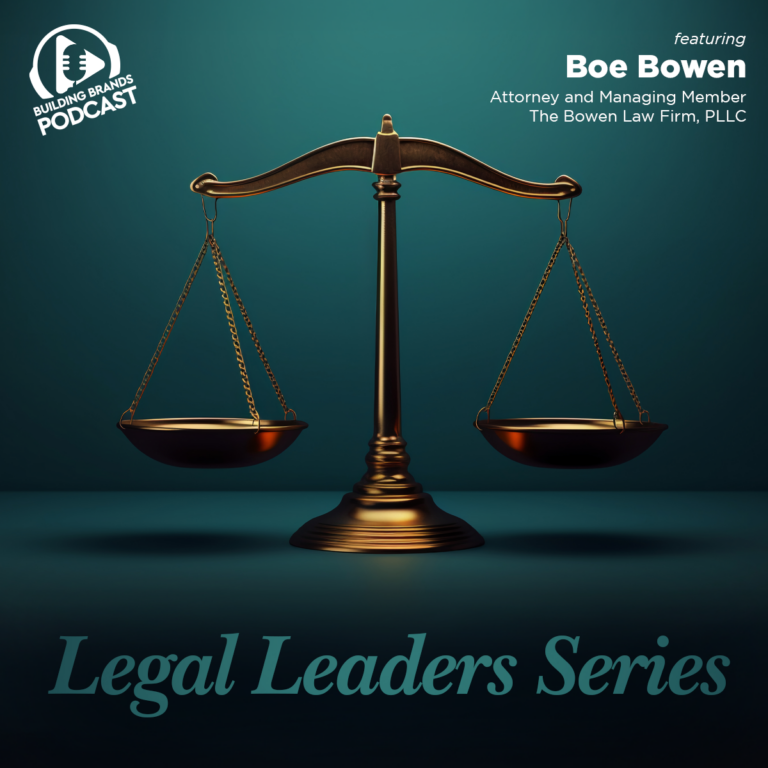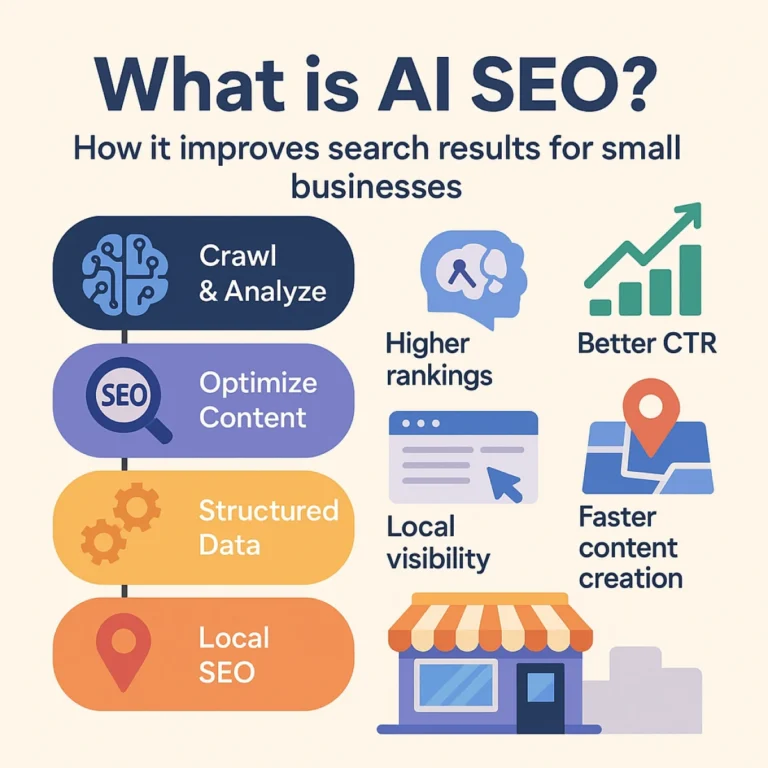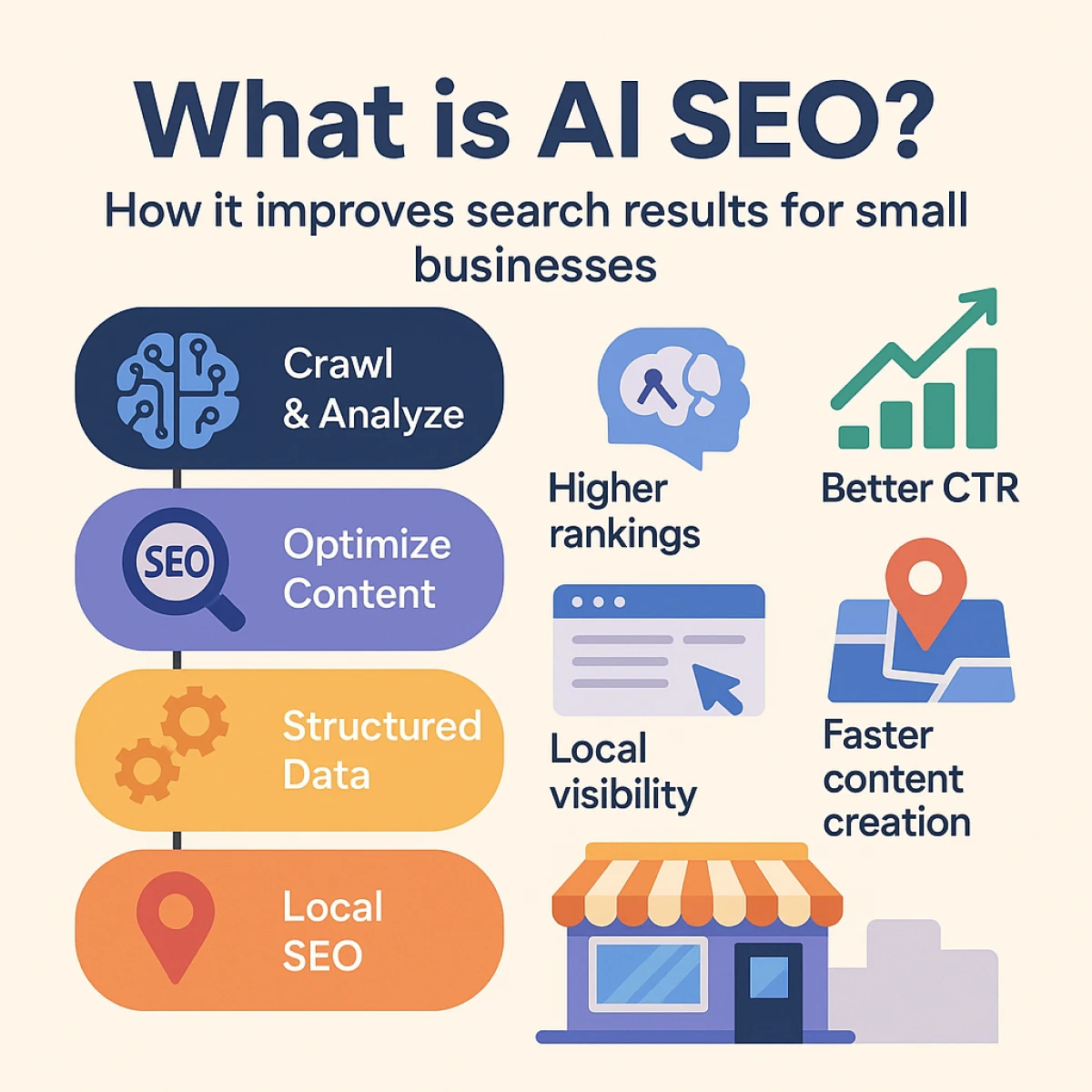A surprising 45% of organizations lack a clear digital marketing strategy before selecting their marketing agency. This oversight creates challenges later. Research shows that 67% of businesses don’t achieve their expected results from digital marketing firms simply because they choose the wrong partner. Companies that use proper assessment methods see 400% better returns on their investment. Selecting the right partner truly matters.
Choosing a marketing agency requires more than picking the first name from a Google search results. Smart businesses need a systematic approach to verify agency compatibility with their goals. Proper evaluation of a digital marketing agency allows you to join the 75% of marketers who successfully built customer trust through strategic digital tactics. Our team created this piece based on years of client experience to help you select the perfect partner.
Your journey through this piece will cover goal setting, agency research, portfolio analysis and final selection criteria. You’ll discover essential questions and crucial elements to look for in a content marketing agency. Research shows that agencies scoring above 80% on core factors consistently prove to be excellent partners. Ready to begin?
Clarify Your Business Goals Before You Start
You need to look inward at your company before selecting a marketing agency. Research shows companies with documented strategies are 313% more likely to succeed compared to those without clear plans. This internal assessment prevents miscommunication and creates accountability between your business and potential agency partners.
Define your marketing objectives
Your marketing objectives should directly support your business goals. The SMART framework helps you create specific, measurable, actionable, relevant, and time-bound objectives. Rather than saying “increase brand engagement,” you should aim for specific targets like “boost social media followers by 15% in three months while improving customer engagement by 20%”. This level of detail helps you and your future agency understand what success means.
Your business strategy should connect with each objective. Think about what your company wants to achieve – higher revenue, bigger market share, new product launches, or better customer retention. The framework you choose doesn’t matter as much as making sure your objectives focus on what truly drives your business growth.
Decide on the services you need
Clear objectives will help you determine which marketing services you need. This clarity prevents you from spending money on unnecessary services. Take a close look at your current marketing efforts to find gaps that an agency could address.
Each objective requires specific services. SEO and content marketing might work best to increase website traffic. Public relations and social media services can boost brand awareness. Paid advertising and email marketing campaigns often work well to generate leads.
Set a realistic budget range
Marketing budgets usually range from 5-12% of total revenue, with companies spending about 9.1% on average in 2023. Startups typically spend more than 10-year old companies since building brand awareness needs higher investment. Your budget should match what you can afford while being enough to reach your objectives.
The gross profit approach offers a different way to calculate your budget. You can reinvest 10-30% of your gross profit (revenue minus cost of goods sold) into marketing. This method bases your spending on financial capacity instead of random numbers. Your growth goals determine what percentage works best.
Your choice of agency and available services depends on your budget. A well-planned marketing budget helps track ROI and arranges marketing spend with business goals. Without this financial clarity, you might choose an agency that can’t deliver what you need within your budget.
Research and Shortlist Potential Agencies
You’ve set your goals, and now it’s time to find the right marketing partner. A thoughtful list of potential agencies will lead to better results. This process helps you narrow down hundreds of options to a manageable few. Let me guide you through building a solid candidate list.
Use directories and referrals to find a marketing agency
Marketing agency directories offer quick access to numerous options. Clutch lists over 150,000 agencies, Agency Spotter features more than 17,000 companies, and HubSpot Solutions Directory includes almost 7,000 certified partners. These platforms help you filter by location, budget, and services. Your peers’ recommendations remain the best way to find quality service providers. Your business contacts can tell you about their positive agency experiences. Their direct feedback can streamline your search significantly. The most successful partnerships often come from referrals by people who’ve seen great results.
Check their online presence and reviews
Any agency that can’t market itself probably won’t market your business well. Their website should showcase a strong portfolio and demonstrate their marketing principles. High search rankings for a marketing agency’s website indicate solid SEO practices. This skill proves valuable for most businesses. Client reviews reveal a lot about service quality and interactions. The best agencies maintain mostly positive reviews and handle negative feedback professionally. This approach shows their commitment to client satisfaction. Reach out to their current and past clients to learn about the agency’s communication style and results firsthand.
Look for industry-specific experience
An agency familiar with your field understands your target audience better. They can apply proven strategies from similar businesses to your campaigns. Your sector’s consumer behavior patterns come naturally to industry-specific marketing experts. This expertise helps create campaigns that truly connect with your audience. Look for case studies from your industry or related fields. The results and key performance indicators tell the real story. Strong performers will share exact numbers proudly. Be wary of agencies that use vague terms like “growth in traffic” instead of specific results.
Evaluate Their Capabilities and Fit
Your next step is to examine each agency’s work in detail after creating a shortlist. Marketing agencies create targeted strategies that help businesses boost brand awareness, customer participation, and sales. Client-dedicated teams bring valuable industry insights from their previous experience.
Review their service offerings and case studies
The agency’s services should align with your requirements. Some agencies focus on specific areas like digital or public relations, while others provide comprehensive marketing solutions. Their case studies reveal proof of success. Quality case studies include client background, specific goals, methodologies, and measurable results. You should reach out to their previous clients to verify performance claims.
Assess their communication and reporting style
The success of agency relationships depends on communication. Quality agencies explain their processes and set clear expectations upfront. Monthly service reports should detail all activities and include performance metrics with specific numbers. Bad reporting creates serious issues – 75% of marketers have questioned their agency partnerships because of poor reporting practices.
Understand their approach to strategy and execution
The agency should explain their planning and implementation methods. Quality agencies begin by learning your business objectives. Clear processes connect their strategy to execution. Data helps the best agencies evaluate and improve marketing plans regularly.
Ask about their tools and technology stack
The marketing tools they use matter significantly. Their technology choices demonstrate how they monitor results and run campaigns. Their product roadmap for the next 12 months reveals their dedication to innovative technology. You need to know if they handle technical work in-house or rely on outsourcing.
Meet, Compare, and Make the Final Decision
The final stage of finding the right marketing agency comes after you complete your research. Meeting agencies in person, reviewing their work plans, and assessing your potential working relationship will help you make a confident final choice.
Schedule consultations and ask key questions
You should ask each agency to describe their ideal client. This reveals their values. Find out if the person selling their services will be your main contact. The agency should explain how they measure success and report results to clients. Their 12-month plan will show their dedication to fresh ideas. Questions about their previous work in your industry can reveal their market knowledge.
Compare proposals, pricing, and timelines
Each proposal needs careful examination of its details. The agency should clearly break down their services and deliverables against costs. Different timelines between agencies need explanation – especially when one suggests six months and another just one month. The fine print about ownership rights and notice periods deserves attention. The payment terms and billing process should be crystal clear.
Check for cultural alignment and team dynamics
Your team’s culture should match the agency’s approach. Panel interviews or group activities help find people who complement your work style. The agency’s response to creative feedback matters. Their core values deserve attention – look for agencies that demonstrate openness, cooperation, and innovation. The best partners understand client relationships deeply.
Set expectations for onboarding and collaboration
The first phase of agency partnership starts with discussing your brand values and marketing goals. Clear timelines help set result expectations. Regular updates and reports need scheduling. The agency should explain their project management tools. Task division between teams needs clarity. Great partners explain these steps clearly from day one.
Conclusion
A careful marketing agency selection process requires work but rewards you in the long run. Your business deserves a partner who understands your goals and helps achieve them. Many agency relationships fail because companies rush through the selection process. This piece should help you avoid common pitfalls while choosing your next marketing team.
Success starts with a clear vision of your objectives. SMART goals create the foundation for decisions ahead. A well-planned budget ensures you get essential services without overspending. These crucial steps must happen before your first agency conversation.
Thorough research separates excellent choices from poor ones. Examining past work, client reviews, and testimonials becomes essential. Strong agencies demonstrate measurable results instead of just using fancy words. Their communication approach and tools indicate how they’ll collaborate with your team.
Personal meetings reveal qualities that websites cannot showcase. You’ll discover if both teams can work together effectively. The best match depends on your needs, budget, and company’s culture alignment. This methodical approach guides you to lasting strategic collaborations and marketing strategies that deliver results.
Key Takeaways
Choosing the right marketing agency requires a systematic approach to avoid costly mistakes and ensure successful partnerships that drive real business results.
• Define SMART objectives first: Set specific, measurable goals before contacting agencies – businesses with documented strategies are 313% more likely to report success.
• Research thoroughly using multiple sources: Use directories like Clutch, check online reviews, and prioritize referrals from trusted contacts who’ve seen actual results.
• Verify capabilities with concrete evidence: Review case studies with real numbers, call past clients directly, and ensure they have relevant industry experience.
• Test cultural fit through face-to-face meetings: Schedule consultations to assess communication style, team dynamics, and alignment with your company values.
• Compare proposals beyond just pricing: Evaluate service breakdowns, timelines, reporting methods, and technology stack to understand true value and capabilities.
The difference between marketing success and failure often comes down to the selection process itself. Companies that follow structured evaluation methods achieve 400% better returns on their investment, while 67% of businesses fail to get expected results when they choose the wrong partner.
FAQs
Q1. How do I determine my marketing objectives before choosing an agency? Start by setting SMART (Specific, Measurable, Actionable, Relevant, and Time-bound) objectives that align with your business goals. For example, aim to increase social media followers by 15% in three months while improving customer engagement by 20%.
Q2. What’s the best way to research potential marketing agencies? Use agency directories like Clutch or Agency Spotter, check online reviews, and seek referrals from trusted business contacts. Look for agencies with experience in your industry and evaluate their case studies for concrete results.
Q3. How can I assess an agency’s capabilities and fit? Review their service offerings, communication style, and approach to strategy. Examine their case studies for real numbers showing results. Ask about their tools and technology stack, and don’t hesitate to contact their past clients for honest feedback.
Q4. What should I look for during face-to-face meetings with agencies? Pay attention to cultural alignment and team dynamics. Ask how they handle feedback, what their perfect client looks like, and how they track and present results. Ensure their values match yours and that they have a clear onboarding process.
Q5. How much should I budget for marketing agency services? Marketing budgets typically range from 5-12% of total revenue, with the average being about 9.1%. Consider using the gross profit approach, reinvesting 10-30% of your gross profit into marketing. Your budget should reflect what you can afford while being sufficient to meet your objectives.








